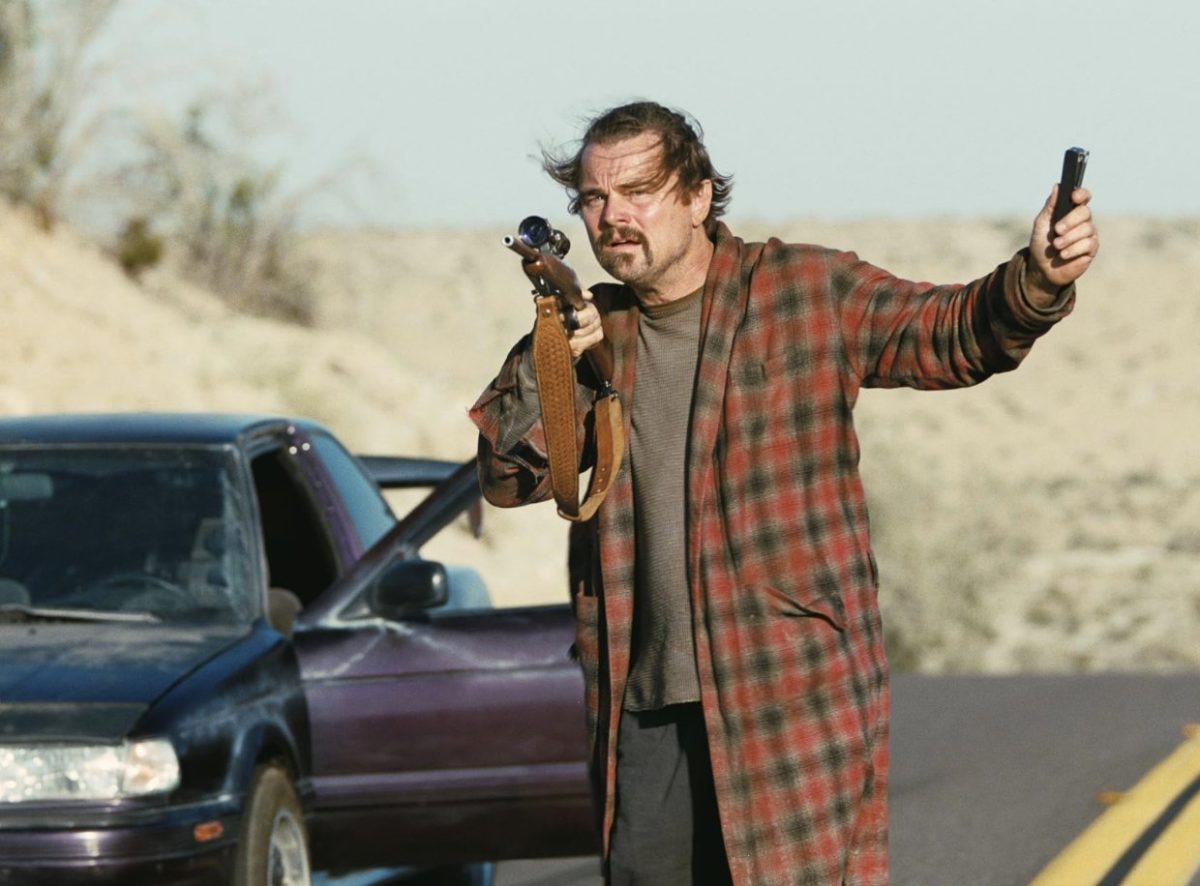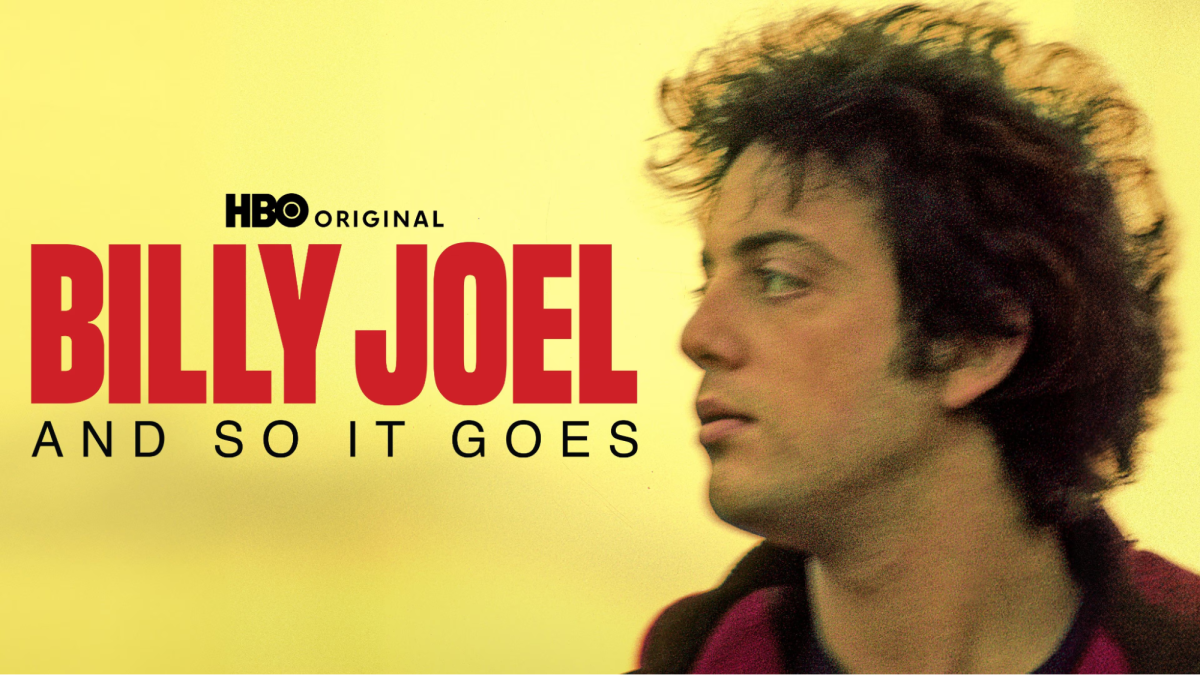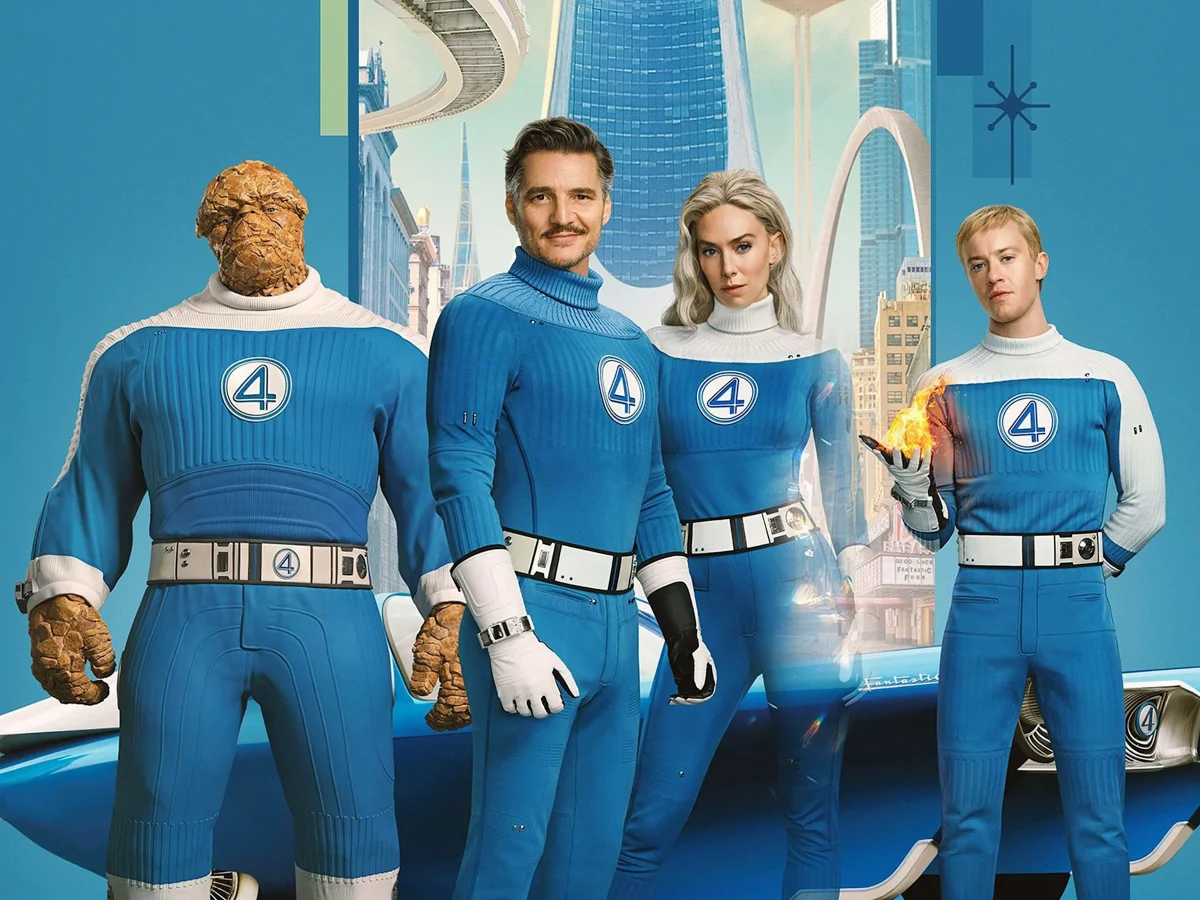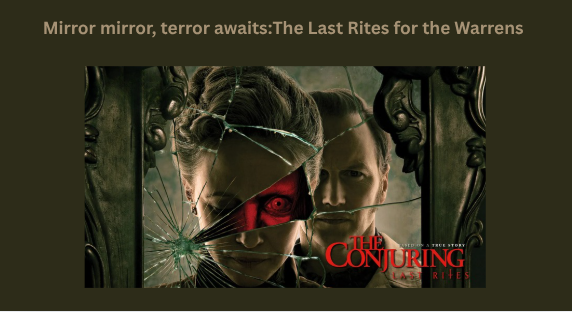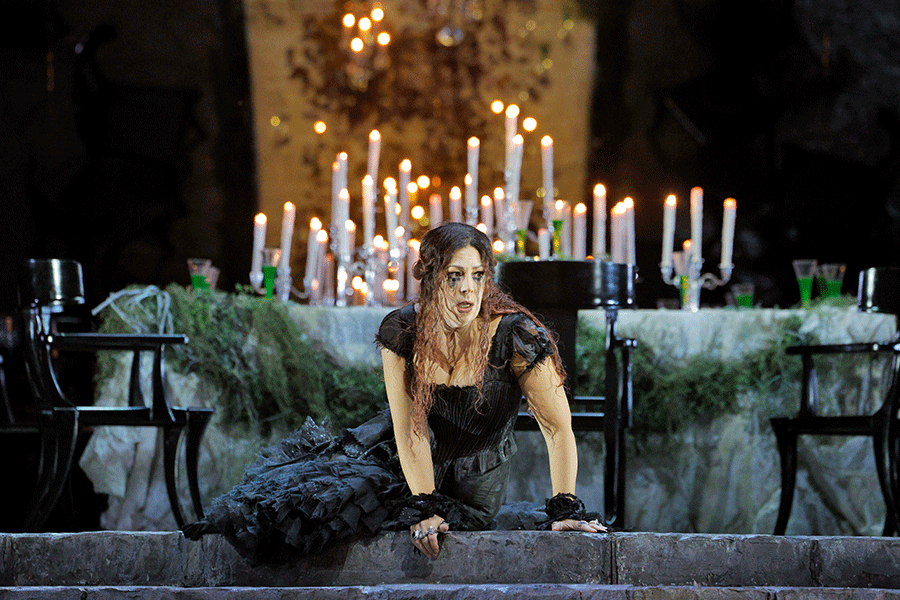I can’t help but feel left out of the rapturous praise for Paul Thomas Anderson’s new film, One Battle After Another, widely hailed as the film of the year. Because the audacious auteur’s latest effort may be his most conventional to date, though I wouldn’t call it straightforward. Rather, it’s a work caught up at a jarring intersection of incompatible influences, stitched together in spite of itself into a Frankensteinish amalgam.
Anderson’s sprawling new picture, bankrolled by Warner Bros. for a career-high $130 million, is composed of multiple moving pieces. One is a high-octane, timely political thriller centered on the exploits of a fictional leftist revolutionary group, the French 75, led by femme fatale Perfidia Beverly Hills (Teyana Taylor) and her weak-willed partner Bob Ferguson (Leonardo DiCaprio). This marks a sharp contemporary turn for Anderson, who’s long confined himself to the antiquated romanticism of period pieces (this is his first present-day film in over twenty years). That tendency that had long fanned his reverence among critics and award circles but had begun to wane in recent years, coming to a head with his last film, Licorice Pizza, which I enjoyed but was credibly dismissed by many as self-indulgent and meandering in its pool of 1970s nostalgia.
With his new film, Anderson circles over some of the most pressing issues of our time—immigration, abortion, white supremacy, the burgeoning police state—but his attempt is largely ill-fated. There’s a provocative texture to Anderson’s depictions of political violence and immigrant detention, but this thread of the film is plagued by an inertia that renders it vapid. Its archetypal protagonist, Perfidia, is partly salvaged by the charisma of Teyana Taylor, but remains gravely underwritten given Anderson’s pedigree.
Its political charge certainly pales in comparison to Ari Aster’s Eddington, released just months earlier, which was a massive, modern satire as shrewd, biting, and bold as anything I’ve seen in years, and perhaps my favorite film of the decade. To be dwarfed in such a fashion is a rude awakening for Anderson, who has long been the biggest game in town—a ballsy Californian writer-director who made Boogie Nights in his twenties and has been at the cutting edge of cinematic expression ever since.
Yet, in another register, One Battle After Another becomes an earnest, humanistic father-daughter drama. Jumping ahead, we find Bob Ferguson living in quiet isolation with his teenage daughter, Willa (Chase Infiniti), following Perfidia’s disappearance and the collapse of the French 75. Their fragile peace is broken when Willa is abducted by figures tied to Bob’s past, pulling him out of hiding and into a desperate, cross-country search to find her. This is much more in Anderson’s wheelhouse—he’s always had his finger on the pulse of the human condition. DiCaprio delivers an explosive, endearing, and often hilarious (if somewhat typical) performance as a strung-out revolutionary and hapless father. His rapport with Infiniti, whose dramatic chops are admirable, makes this stretch of the film resoundingly successful in its share of screentime.
But it is ultimately undermined by a third component at play, which is not so much a separate plotline but rather the very framework the film exists within and clashes against. Tucked away in the end credits is a revelatory line which reads: “Inspired by the novel Vineland by Thomas Pynchon.” PTA has reimagined the 1990 novel, originally set in 1984 and centered on former hippies living through the Reagan era.
Of course, this isn’t Anderson’s first go at tackling Pynchon, whose dense prose and absurd, labyrinthine narratives have long been tagged “unadaptable.” In 2014, coming off the highs of The Master and There Will Be Blood, Anderson tried his hand at Pynchon’s hippie-stoner noir Inherent Vice, turning out a shockingly faithful rendition. It was promptly panned, deemed by many as impenetrable, but in the decade following its release, it has only grown in cult status. Anderson’s film was inherently detached and pedantic, but it was a brave, remarkable filmic rendering of Pynchon’s world—one that has earned legitimate worship from a small yet fervent circle of admirers.
This time around, working with nearly seven times the budget, I get the sense that Anderson has tempered his adoration for Pynchon and hedged his bets with this loose adaptation. Granted, that is fine in principle; repurposing, chopping up and riffing on source material is a discipline of its own. But I’m not so sure it works here. There’s an unmistakable idiosyncrasy to Pynchon’s work that is abrasive, even rogue, when not embraced. Anderson’s struggle to homogenize Vineland with more standard narrative conventions becomes apparent through the film’s antagonist, Stephen J. Lockjaw, played by Sean Penn.
Lockjaw, sporting a heinous gray combover, a grotesque countenance, and massive, wiry, Popeye-esque arms, is a high-ranking officer in a shadowy government–military agency—unnamed but clearly akin to ICE—whose jurisdiction expands and contracts at a moment’s notice. He moonlights as an initiate of a covert white-supremacist fraternity known as the Great Christmas Adventurers, a cabal of ostensibly harmless wealthy elites donning Patagonia vests who hunt down those they deem “impure”.
The real tragedy is that the film’s most absurd, ‘Pynchon-esque’ moments are legitimately electric—Anderson still understands and appreciates the enigmatic author better than any filmmaker working today—but they’re few and far between, and tonally dissonant from the rest of the film.
My criticisms for One Battle After Another are not to be conflated with a wholesale condemnation for the film. Even at his most artistically conflicted, Paul Thomas Anderson is more crafty and quick-witted than most filmmakers could ever dream of becoming. Rather, I am let down by the abundance of potential that has died on the vine, and Anderson’s sterilization of his own sensibilities. It is a wholly entertaining and at times enthralling film, but it’s not a great work. It can’t be.
Because for all of its apparent explosiveness—and nearly three hours of runtime—One Battle After Another is supremely half-baked. It is a bastard of a film, torn from its Pynchonian DNA and transfused with the kind of grounded, humanist drama familiar to Anderson’s sensibilities. Each element succeeds to a degree, but they are ultimately incompatible. The final product doesn’t amount to much at all, with no real commentary to boot. Paul Thomas Anderson’s latest film is a fine hour, but not his finest—far from it.


